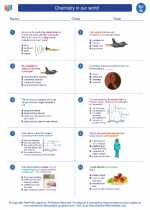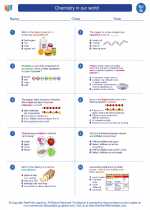Tropical Cyclones
Definition
A tropical cyclone is a rapidly rotating storm system characterized by a low-pressure center, a closed low-level atmospheric circulation, strong winds, and a spiral arrangement of thunderstorms that produce heavy rains and storm surges.
Formation
Tropical cyclones form over warm ocean waters near the equator. They require a combination of atmospheric instability, high humidity, and warm sea surface temperatures to develop.
Stages of Development
Tropical cyclones progress through several stages: tropical disturbance, tropical depression, tropical storm, and finally, a hurricane or typhoon, depending on the region.
Impact
Tropical cyclones can cause devastating effects, including strong winds, heavy rainfall, flooding, and storm surges, leading to loss of life and property damage.
Mitigation
Efforts to mitigate the impact of tropical cyclones include early warning systems, evacuation plans, building codes, and infrastructure improvements.






